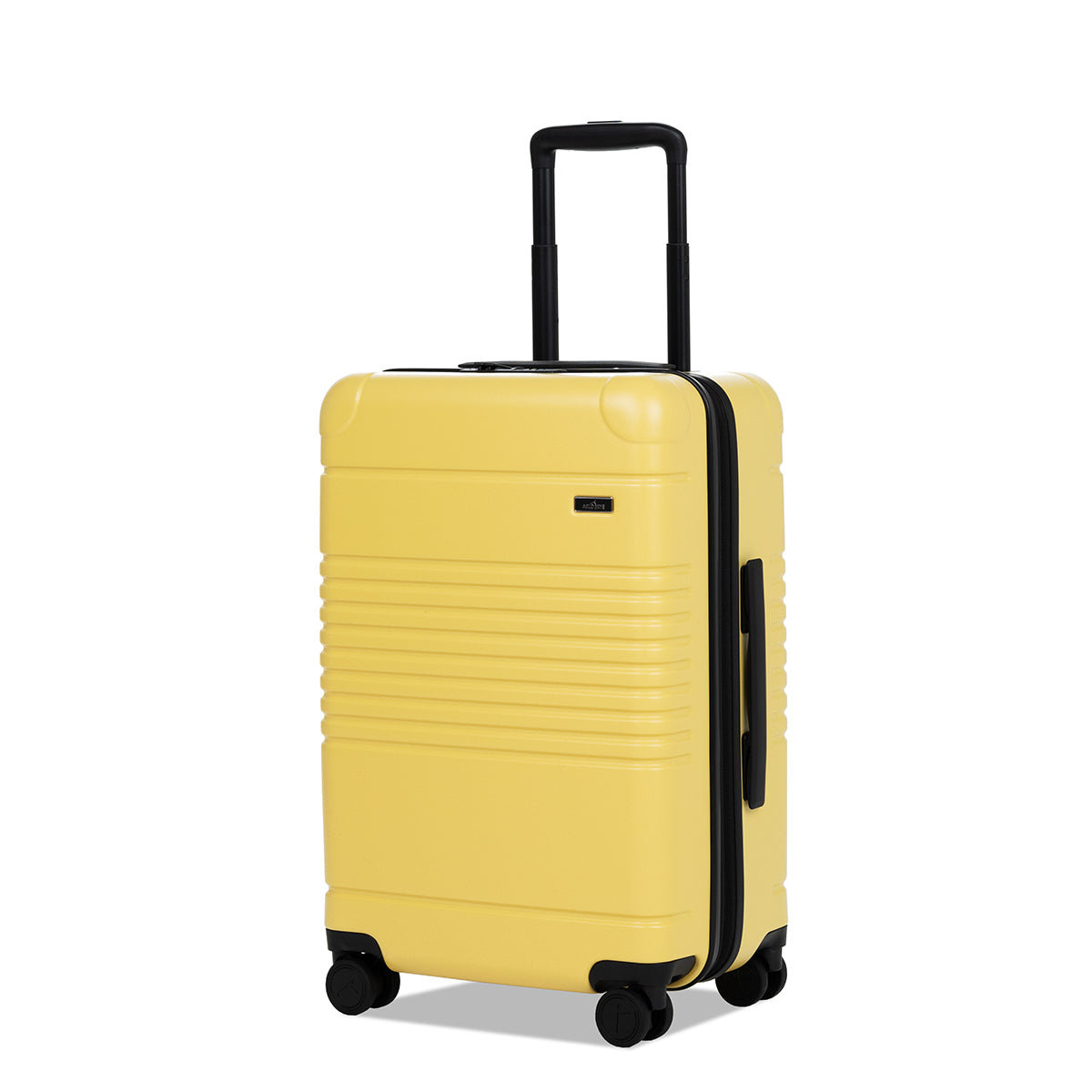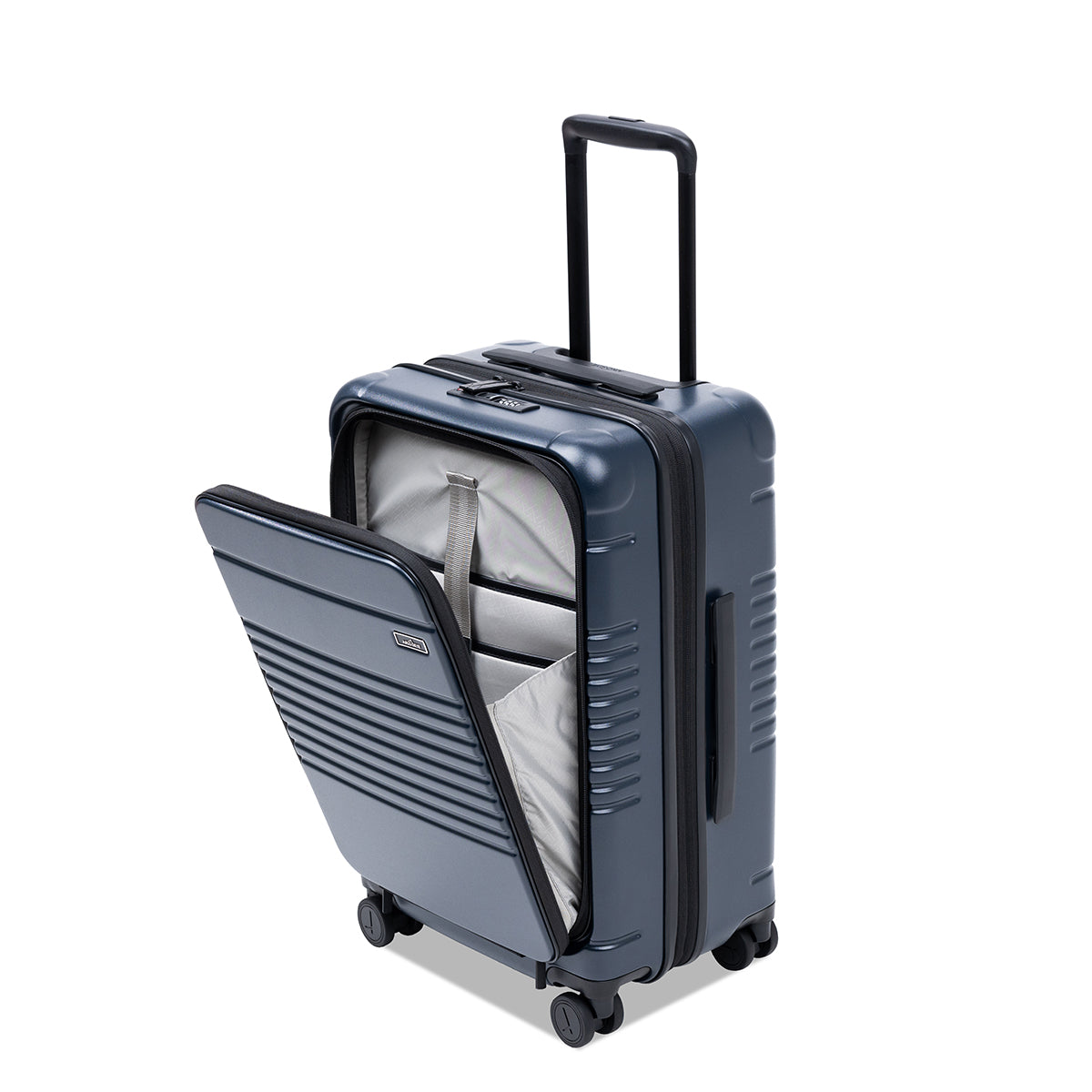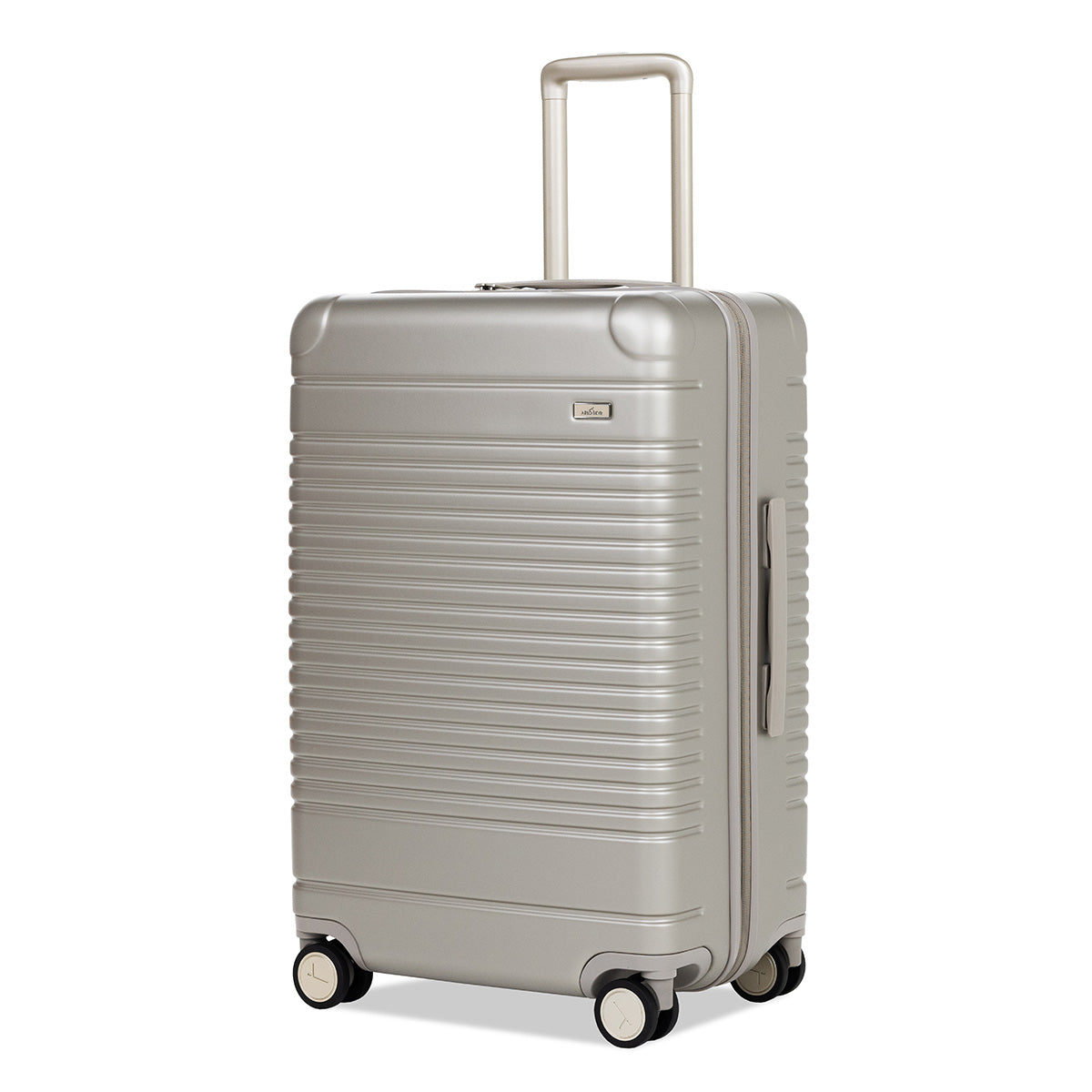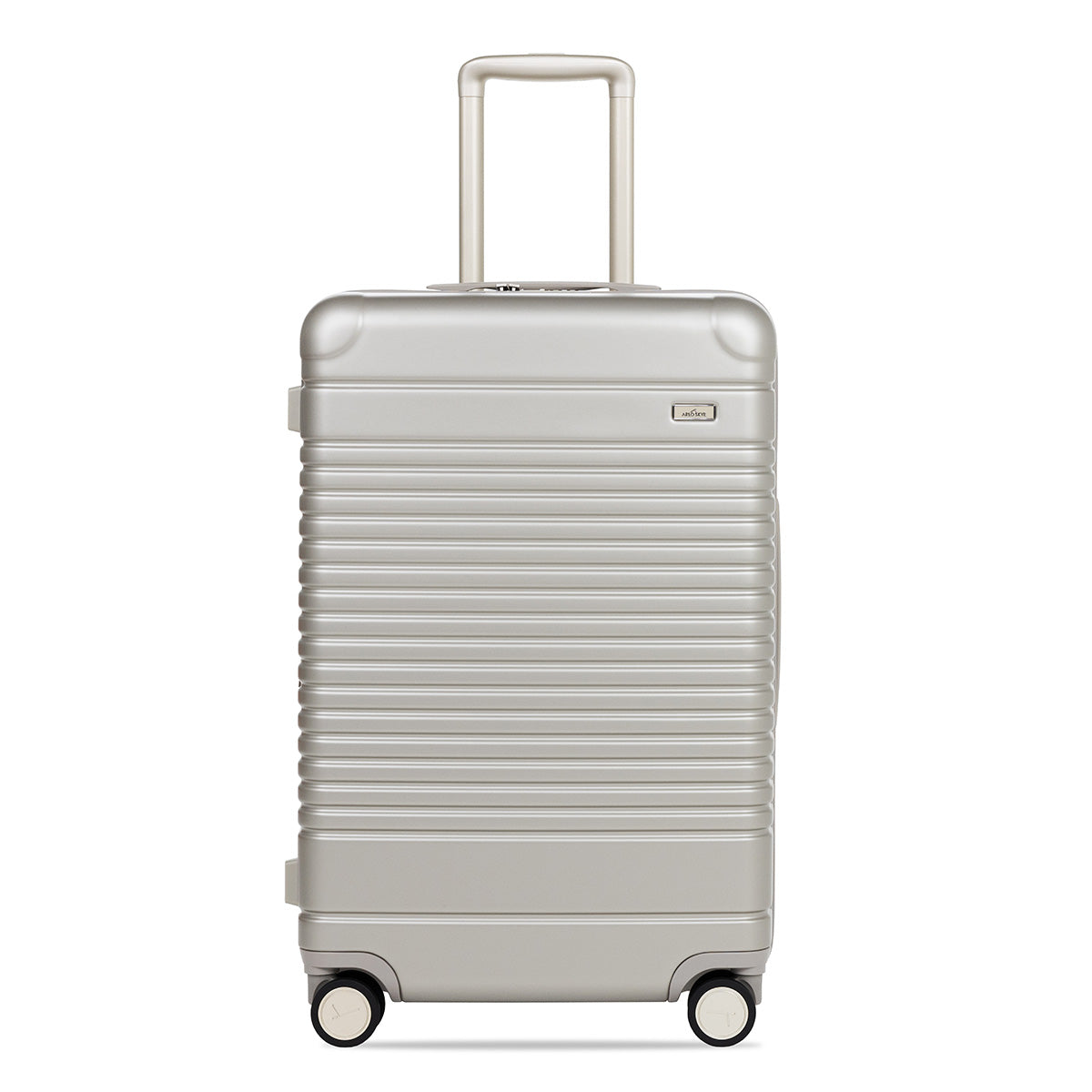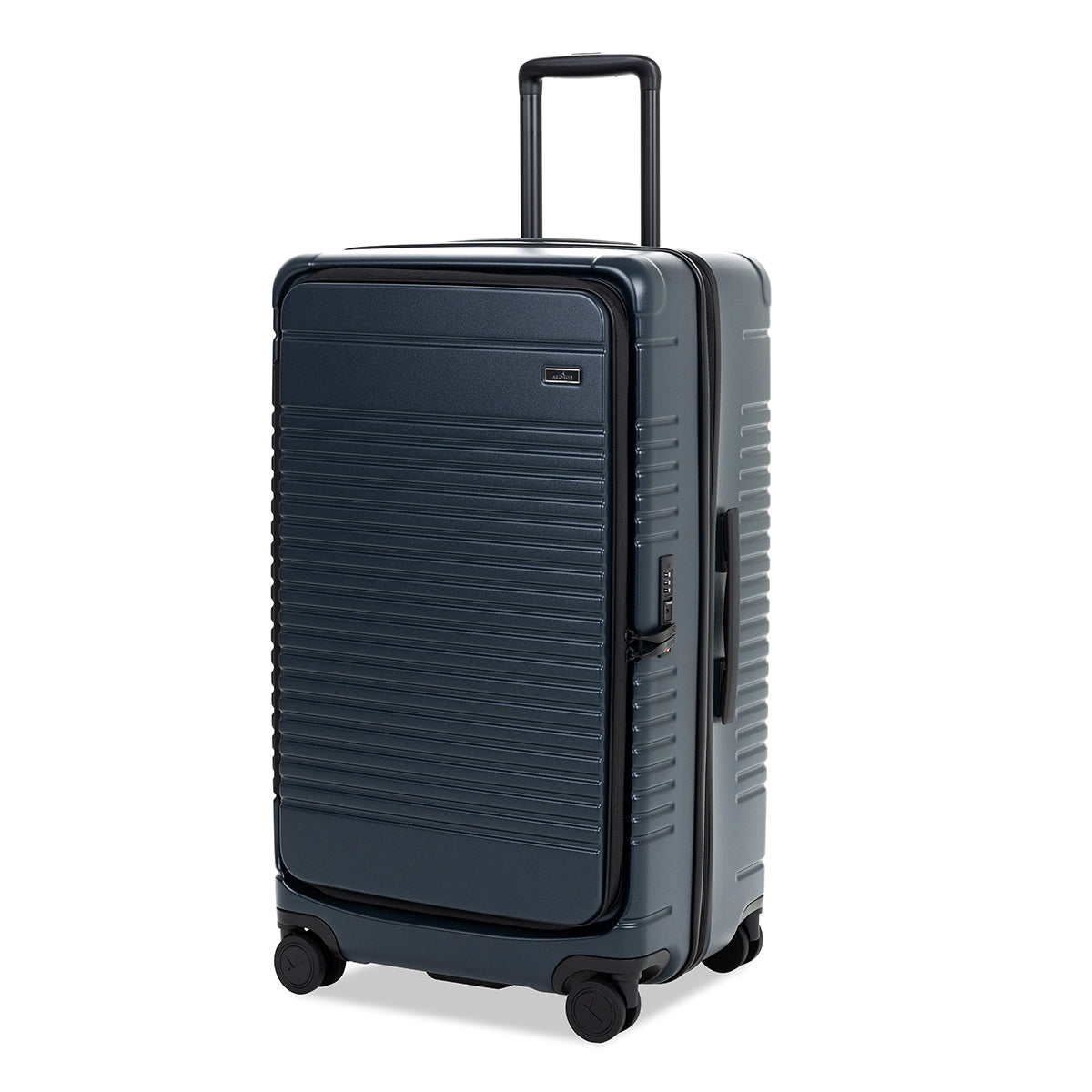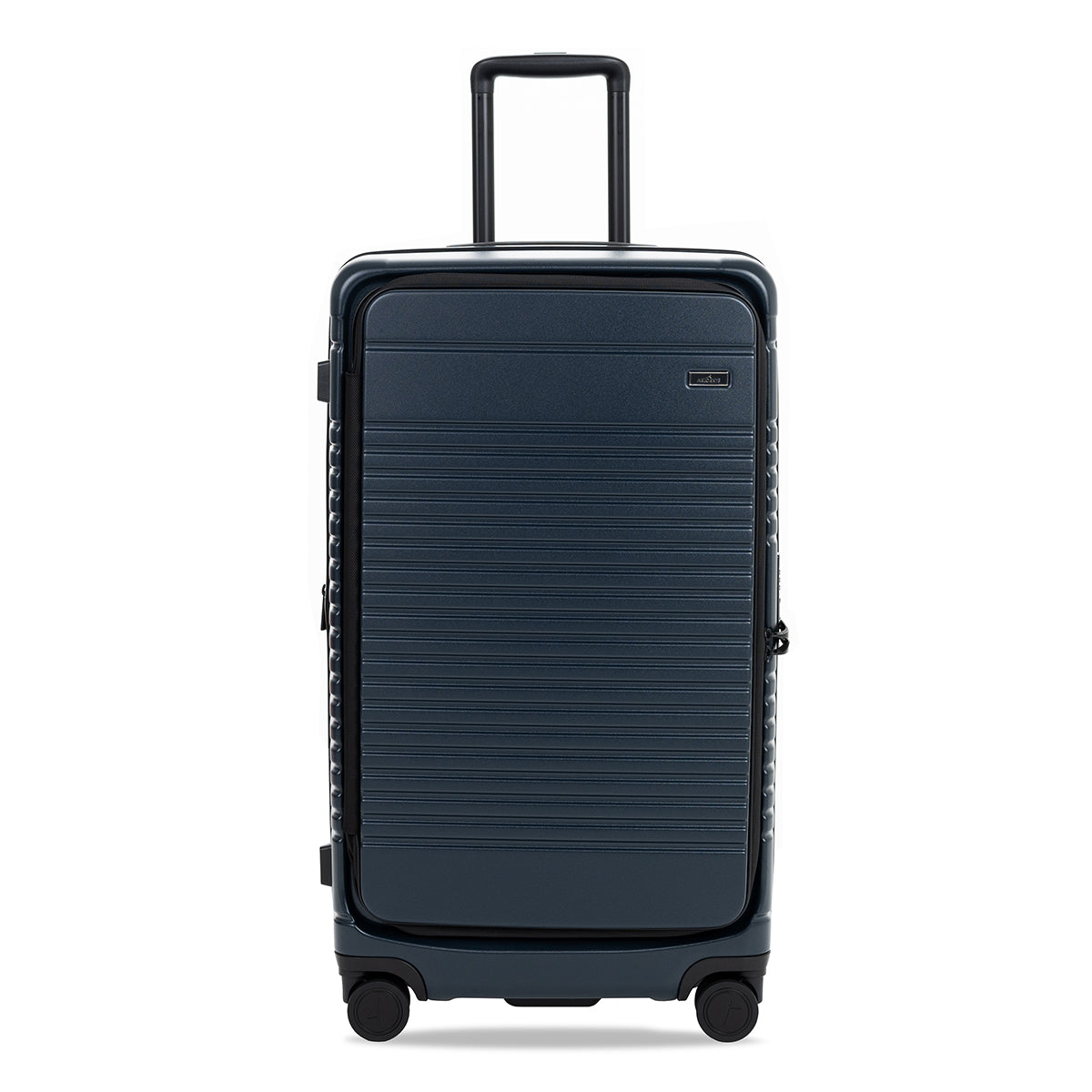Peak vacation season has kicked off, and it promises to be even busier than last year’s. Travel during Memorial Day Weekend — widely considered the official start of summer travel — surpassed pre-pandemic levels. And new research from VisitorsCoverage suggests that 88% of travelers are more inclined to travel this summer than they were in 2022, with 70% of U.S. travelers intending to get away over the next year. They’re also willing to spend more on their getaways despite lingering inflation — an average of $4,339 per trip, according to MMGY’s latest Portrait of the American Traveler.
In addition to the challenges that come with a particularly hot travel season — costlier airfare, busier airports, and a dearth of hotel deals — there are several other things going on in the travel world that can help or hinder your plans to escape this summer. We’ve compiled a list so you can get ahead of potential snags, take advantage of new conveniences, and breeze through your summer travel plans like the savvy jet-setter you are.
Make sure your passport is up to date well before your trip
If you’re planning to travel internationally this summer, make sure your passport isn’t damaged or expiring any time soon. An expired passport can ruin a vacation before it even begins. There’s nothing more anxiety-inducing than getting to the airport to catch a flight to Portugal, only to be turned away at security because your passport isn’t up to date. Keep in mind that some countries require you to have a passport that’s valid for at least six months after your travel dates. If you do need to renew or request a new passport, you have two options: do it yourself with the US State Department or use a third-party expediting service like Rush My Passport.
The State Department is experiencing unprecedented demand for passports, which has stretched routine processing times to 10 to 13 weeks — and things could get worse. Expediting the process for a $60 fee yields just a slightly faster turnaround — about seven to nine weeks. That doesn’t even include mailing times. The State Department also offers an Urgent Travel Service option where you can call to schedule an appointment at a US passport agency or center. The one caveat is that you can only call when you’re within 14 calendar days of your international travel date. These appointment slots are rare and you’ll likely end up having to call multiple times a day to see if there are any cancellations. Additionally, there’s no guarantee that you’ll get an appointment close to home. That said, it’s a far more affordable option than going with a third-party if you need your passport renewed or replaced ASAP.
If you’d rather not deal with the stress, consider using a third-party expediting service like Rush My Passport. They have pricing ranging from $189 for expedited service (a seven- to nine-week turnaround) to $899 for emergency service (a one-week turnaround).
Take advantage of free TSA PreCheck for kids under the age of 18
Ready for a huge time-saver, especially if you’re traveling during a busy holiday weekend? Get yourself TSA PreCheck if you don’t have it already. Program membership is a must for anyone who travels regularly. PreCheck security lines are typically much shorter, the process is much smoother, and travelers can zip through security with fewer hindrances, like having to remove shoes, laptops, and belts. And this year, you can enjoy another huge perk when you sign up — officials announced in May that all children under the age of 18 can now accompany a parent or guardian with a membership through the much faster PreCheck line.
Don’t count on short-haul domestic flights in France
In an effort to curb greenhouse gas emissions, France signed a decree banning domestic flight routes that can be completed in two and a half hours or less by train. As a result, three short-haul routes have been discontinued in France — all linking Paris-Orly airport to Bordeaux, Lyon, and Nantes. If you’re traveling between Paris and any of these cities, never fear. This update shouldn’t put too much of a strain on your plans — train travel along these routes is affordable and just as efficient (if not more so) than getting to an airport, going through security, and boarding a flight. It’s also way more scenic! Just remember to book any train tickets you may need ahead of your trip to ensure you can snag a seat and the best rate.
Expect strikes in Europe
Strikes dominated European headlines for most of the spring season, most famously France’s pension-related protests (the most recent of which took place June 6 and involved air traffic controllers). The International Air Transport Association (IATA) has warned that strikes may ramp up again as we segue into summertime. At London Heathrow Airport, a major hub for transatlantic connections, more than 2,000 security officers are expected to participate in 31 days of strikes on certain dates from June 24 through August 27. In Germany, transportation workers have been staging walkouts, protracting uncertainty for travelers. While some governments, including the UK’s, have announced measures to reduce the potential impact of strikes on travel, you should consider contingency plans as an extra precaution if you’re traveling to Europe this summer. Booking hotel rooms, car rentals, and flights with flexible cancellation policies can help minimize the financial impact of travel delays. Additionally, keeping your itinerary flexible around your intended arrival and departure dates can make it easier to pivot if flights or other modes of travel are disrupted.
Know your rights with airlines
While they hopefully won’t be as prevalent as last summer, delays and cancellations are predicted to continue affecting travel this year. There are some steps you can take to protect yourself in the event that your flights are affected. The first is knowing your rights. Some airlines have policies that require them to rebook you on another airline if they are unable to get you to your destination within a specific timeframe. Others are only obligated to provide you with a voucher for the unused portion of your flight — you’re on your own for the rest. All of this information should be outlined in an airline’s contract of carriage, which is typically posted somewhere on their website. Additionally, higher fare classes afford you more protection and flexibility to change flights. Basic economy tickets, on the other hand, come with the least amount of protection and flexibility. This information should also be outlined on the airline’s website. Remember that sometimes it’s worth it to spend a little more in order to have peace of mind — especially during a busy travel season.
Another good rule of thumb for summer travel is to book flights that depart before 3 p.m. The probability of cancellations and delays increases later in the day, so opt for earlier flights whenever possible. Finally, travel with carry-ons if you can. When passengers are rebooked on other flights due to cancellations, checked luggage can sometimes get lost in the shuffle.
Enjoy better rates and unique experiences with the new Airbnb Rooms category
Airbnb hasn’t always been the most affordable option when it comes to trip accommodations. Between cleaning fees, service fees, and other add-on costs, nightly rates can often end up costing well over the advertised nightly rate. Booking a room in a Host’s house, on the other hand, can yield significant savings — but for years, it was tough to know exactly what you were getting. Would your room have a lock? Was the bathroom shared? How many other people would be staying in the home? Well, no longer — Airbnb just launched a new category called Rooms. It’s an updated take on the company’s original ethos of allowing travelers to book rooms in a host’s house. The Rooms category gives you access to an improved selection of filters (including an enhanced price filter), new privacy features that detail whether bedrooms have locks, bathrooms are shared or private, and more, and Host Passports that allow travelers to get to know their Hosts before booking their stay.
Get ready to weigh in before flights with Air New Zealand
Here’s a little bit of news that won’t affect the majority of the readers, but we felt compelled to add it anyway in case you happen to be traveling on Air New Zealand. The airline will be weighing 10,000 passengers through July 2 to gather information that can help pilots better balance planes prior to takeoff. The practice isn’t new — airlines weigh everything that goes onboard an aircraft — cargo, meals, luggage…and of people, too! They use average weights to factor in passengers, crews, and cabin bags, and those weights are calculate every few years by conducting surveys like the one that’s currently going on. If you’re shy about your weight, don’t worry — the entire process is voluntary and the scales don’t have any kind of visible display. Weigh-in data is completely anonymous, even among check-in agents.
Summer is many people’s favorite travel season, and it’s no surprise why. There’s no better time to island-hop across the Caribbean, soak up the sunshine along the Mediterranean coast, hit rugged trails beneath the Midnight Sun, and discover the destinations we dreamt about all winter long. As we gear up for an exciting couple of months, stay in the know to better prepare for any hiccups that may arise due to high demand and other industry-related factors. Remember, being flexible and planning ahead are the best tools to ensure a hassle-free trip from start to finish. Our team wishes you an incredible summer filled with adventure, no matter where your wanderlust takes you.


